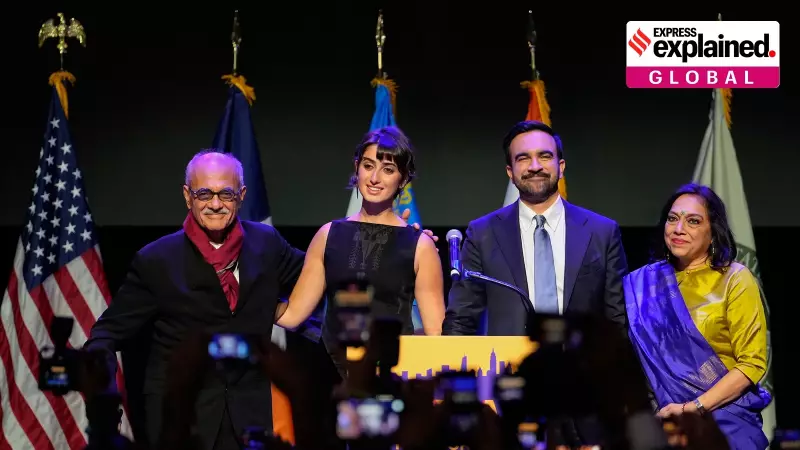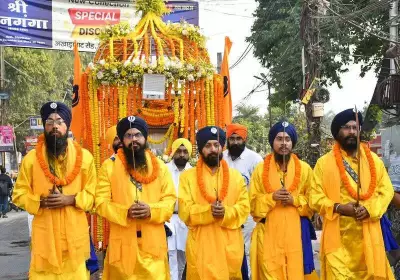
In a significant political development that's sending ripples across New York's political corridors, Zohran Kwame Mamdani has emerged victorious in a crucial Democratic primary race. This isn't just another political win—it represents multiple shifting tides in American politics that could have far-reaching implications.
The Mamdani Legacy and Political Ascendancy
Zohran Mamdani, the 33-year-old son of celebrated academic Mahmood Mamdani, has carved his own path in New York's political arena. His recent triumph in the Democratic primary for a New York State Assembly seat marks a pivotal moment for several intersecting political narratives.
What makes this victory particularly noteworthy is Mamdani's alignment with the Democratic Socialists of America (DSA), signaling a continued leftward shift within certain segments of the Democratic Party. His win suggests that progressive politics continues to gain traction in urban centers like New York.
Implications for the Democratic Party
Mamdani's success represents several key trends within Democratic politics:
- Progressive Momentum: His victory reinforces the growing influence of progressive candidates within party structures
- DSA's Expanding Footprint: The Democratic Socialists continue to make inroads in traditional Democratic strongholds
- Generational Shift: Younger candidates with bold policy platforms are challenging established party norms
Republican Party Challenges
For Republicans, Mamdani's win presents both challenges and opportunities. The consolidation of progressive power in Democratic urban centers creates clear ideological battle lines, but also raises questions about potential moderate Democratic voters who might feel alienated by the party's leftward movement.
Indian-American Political Representation
Mamdani's victory carries special significance for the Indian-American community. While his political style and platform may differ from some established Indian-American politicians, his success demonstrates the community's expanding political diversity and influence.
'This isn't just about one candidate winning one race,' says a political analyst familiar with New York politics. 'It's about multiple narratives converging—the rise of socialist-democratic politics, the evolving role of Indian-Americans in political leadership, and the ongoing transformation of what it means to be a Democrat in urban America.'
What This Means for Future Elections
The implications extend beyond New York's borders. Mamdani's win could inspire similar candidates in other urban centers and provide a blueprint for how progressive candidates can navigate Democratic primaries. It also sets the stage for interesting dynamics in future national elections, particularly as the Democratic Party continues to negotiate its ideological identity.
As the political landscape continues to evolve, Mamdani's victory serves as a fascinating case study in how race, ideology, and generational change are reshaping American politics from the ground up.





